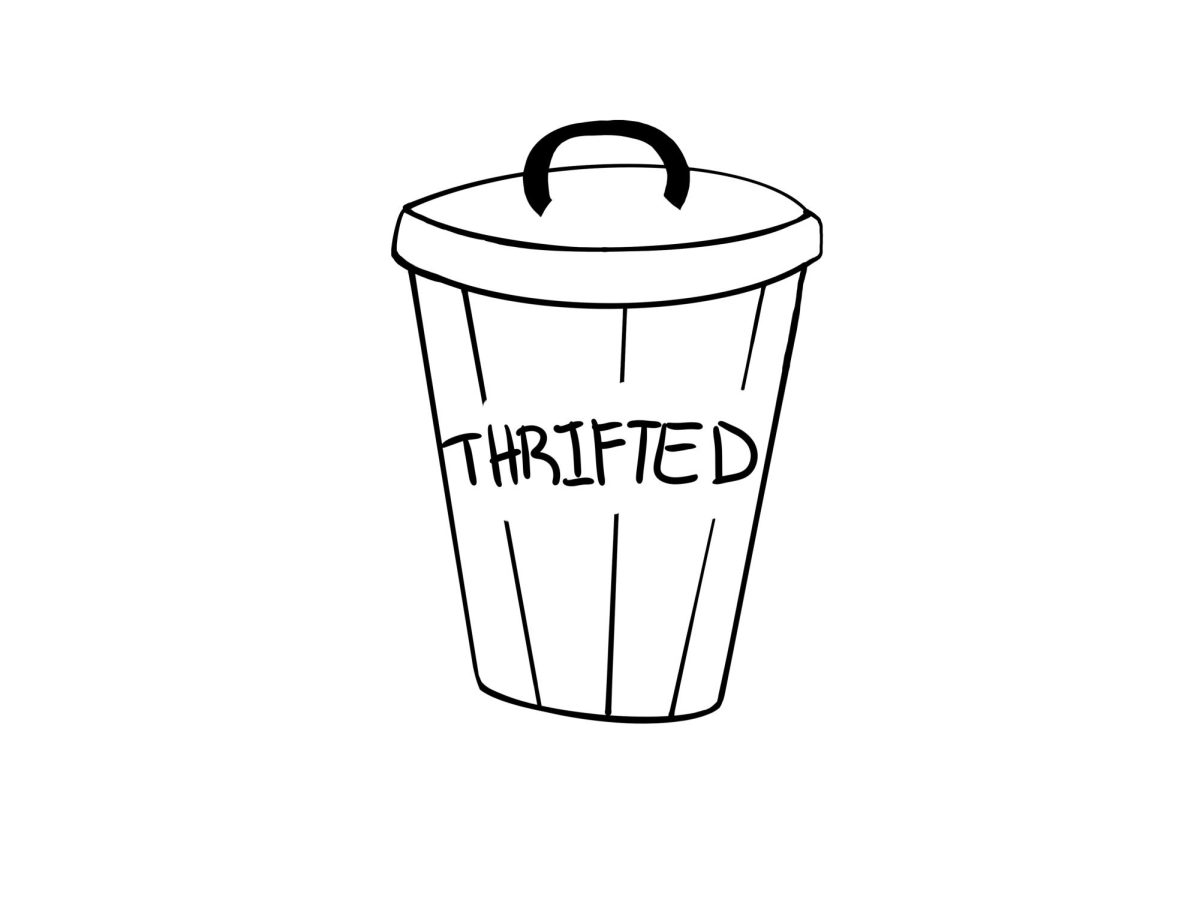Two weeks ago when I heard the term “net neutrality” for the first time, I thought my sister had mispronounced a word under her newly acquired (and quite possibly faked) midwestern accent on her first weekend home from college. Now, after a few weeks, hours of research and a great deal of thinking, I am once again questioning the decision-making skills of this country’s leaders.
Net neutrality is the concept that while large companies (think AT&T, Verizon and Comcast) can provide and administer the internet for users, they cannot control the content you view or how fast you view it. For example, if your internet service provider is Verizon, they cannot make Google load faster than Bing (which is called using “internet fast-lanes”) to promote the use of one over the other. The importance of net neutrality is clear, as it has the power to dictate the future of the internet. However, according to a recent self-reported Bark survey, 55 percent of students do not know what net neutrality is.

The fact is, net neutrality is not only very important, but it’s also a family-friendly topic. What I mean by this is that unlike hot button issues such as abortion, health care or if “The Office” is better than “Friends,” net neutrality is generally a topic you can bring up without facing much opposition. In fact, a study done at the University of Delaware’s Center for Political Communication in 2014 found that the push for net neutrality under Obama’s presidency was actually a bipartisan movement, with 81 percent of Democrats and 85 percent of Republicans opposing the use of “internet fast-lanes.”
On Dec. 14, the Federal Communications Commission (FCC), led by Trump’s selected chairman Ajit Pai, will vote to re-evaluate net neutrality regulations and add legal protection to them. After being publically urged to take action by President Obama in 2015, the FCC met to develop new net neutrality rules that have remained in place since then. This 313-page document, produced by the FCC, aimed to bar service providers from delivering content in a biased manner. Again, in the U.S. Appeals Court in 2016, the laws of net neutrality previously set were once again upheld, effectively quieting petitions.
Since the creation of the internet, some sort of net neutrality rules have been in place, according to Scientific American. For years we have enjoyed the liberties of choosing our search engines, television providers and websites without worrying if large companies are paying our service providers—or as I like to call them, internet dictators—the most money. If I feel like using Yahoo as my search engine because I want to see pictures of Ashton Kutcher and Mila Kunis underneath the search bar while I type, then damnit I should be able to!
But seriously, net neutrality protects our First Amendment Rights as citizens. Follow this logic: without net neutrality, providers can favor certain companies that pay more and therefore limit access to certain websites and companies, leaving many at a loss. This country was founded on the ideals of freedom and a free market, so why would we try and limit that now just because our situation is a little more complex with the addition of new technology?

Secondly, without net neutrality, small businesses and entrepreneurs are left without ways to successfully connect to larger scale audiences through the internet. This unequal playing field between local businesses and large corporations is one that, left unattended, could easily spiral out of control. Down the street from my house is a salon called Fingers and Toes. It opened a few years ago and is often frequented by my mom. The hostess, Vivian, knows my mom’s name and has been nothing but gracious, in addition to providing a sensational pedicure. Why would we want to take away the profit of a store like Fingers and Toes just because they don’t have the money or resources of a large corporation?
The issue of net neutrality is new. It’s scary. Issues like net neutrality that pose problems now will continue to do so in the future. We, as a generation and a country, must face these problems head on, and that does not mean giving up all of our rights to large corporations. Instead, it means maintaining the freedoms that we have in real life on the internet.
Net neutrality is a no-brainer. Why take away restrictions that are the basis of one of the most widely accepted issues in politics? With the upcoming vote, I strongly urge not only Ajit Pai, but the FCC in general to think very carefully before they turn my only remaining family-friendly political topic into a fiery debate about upholding individual liberties.

















